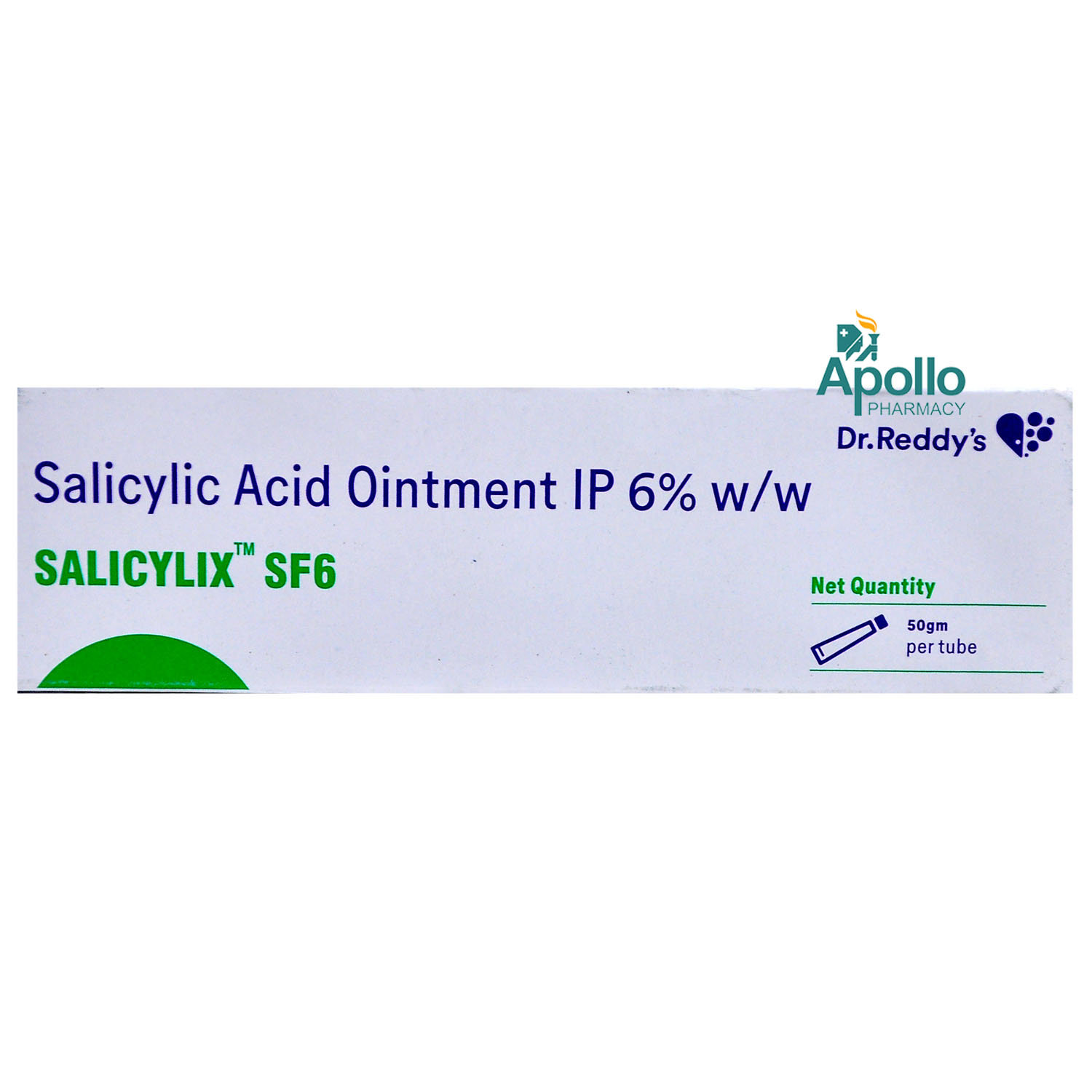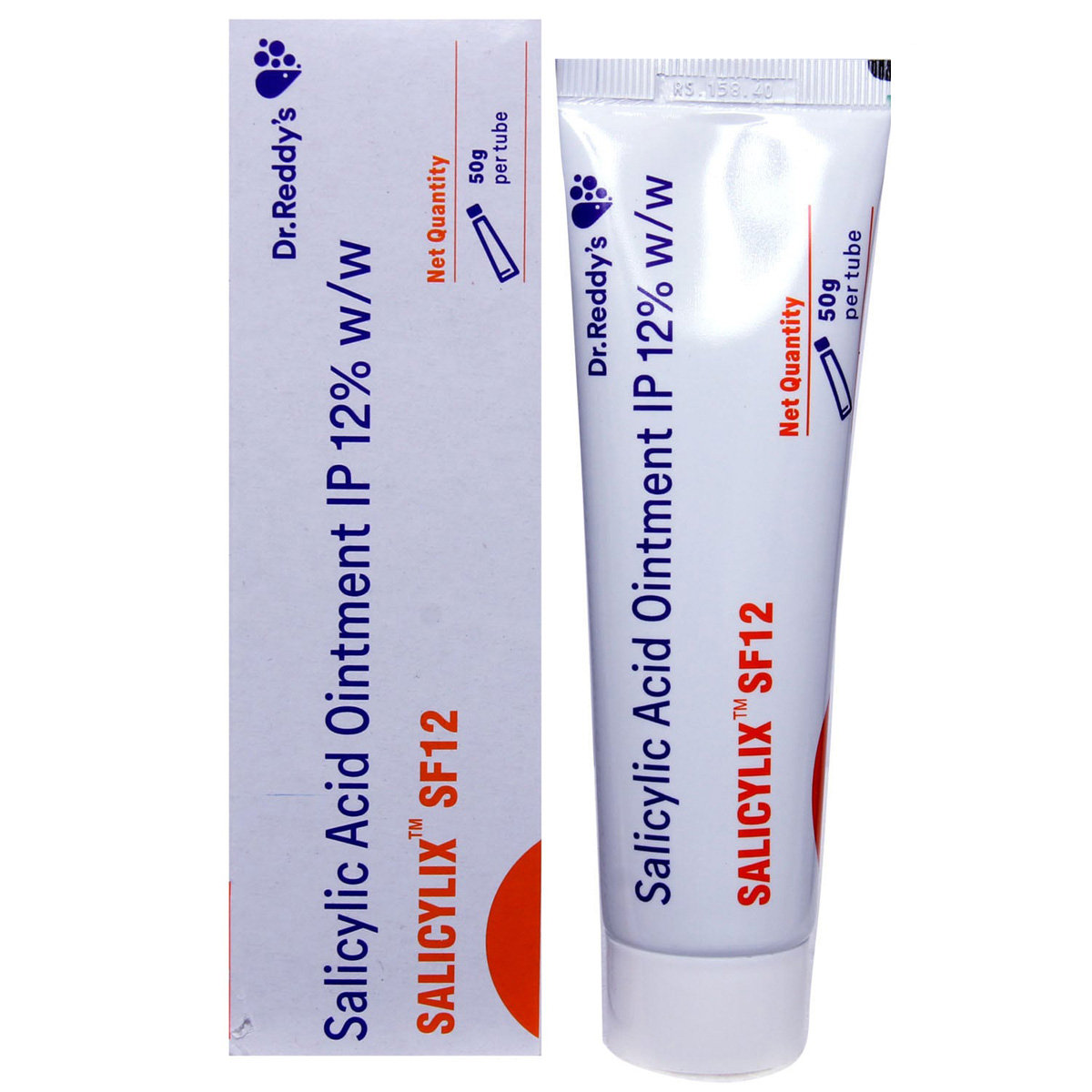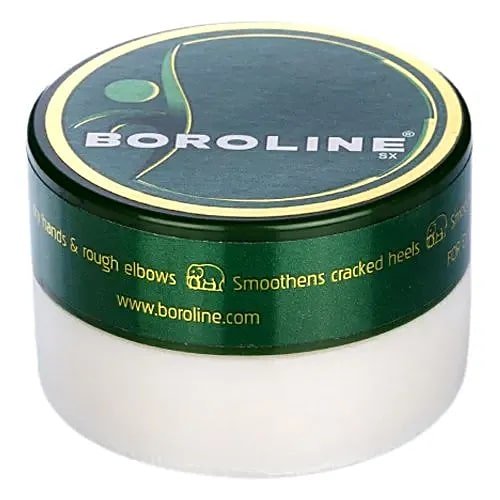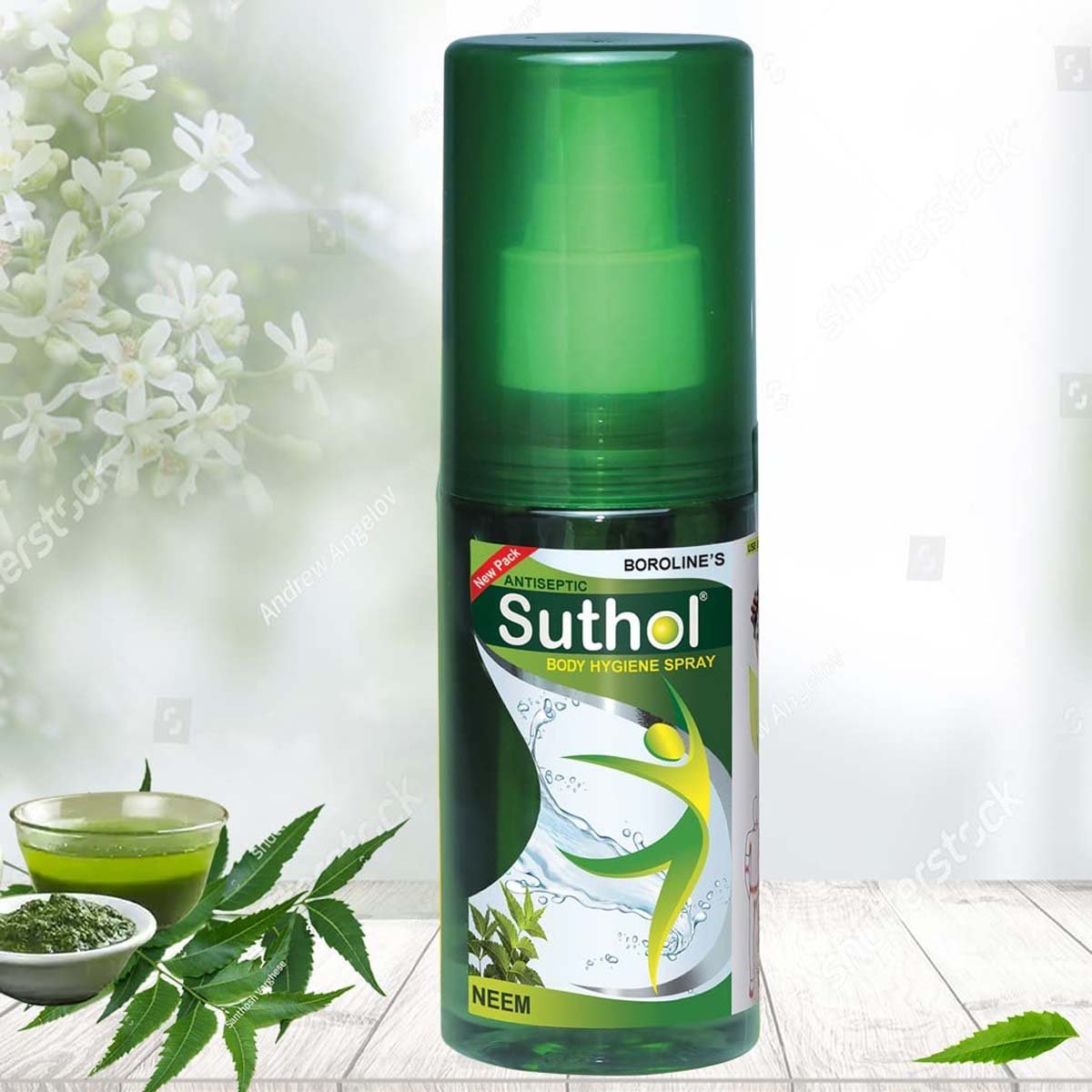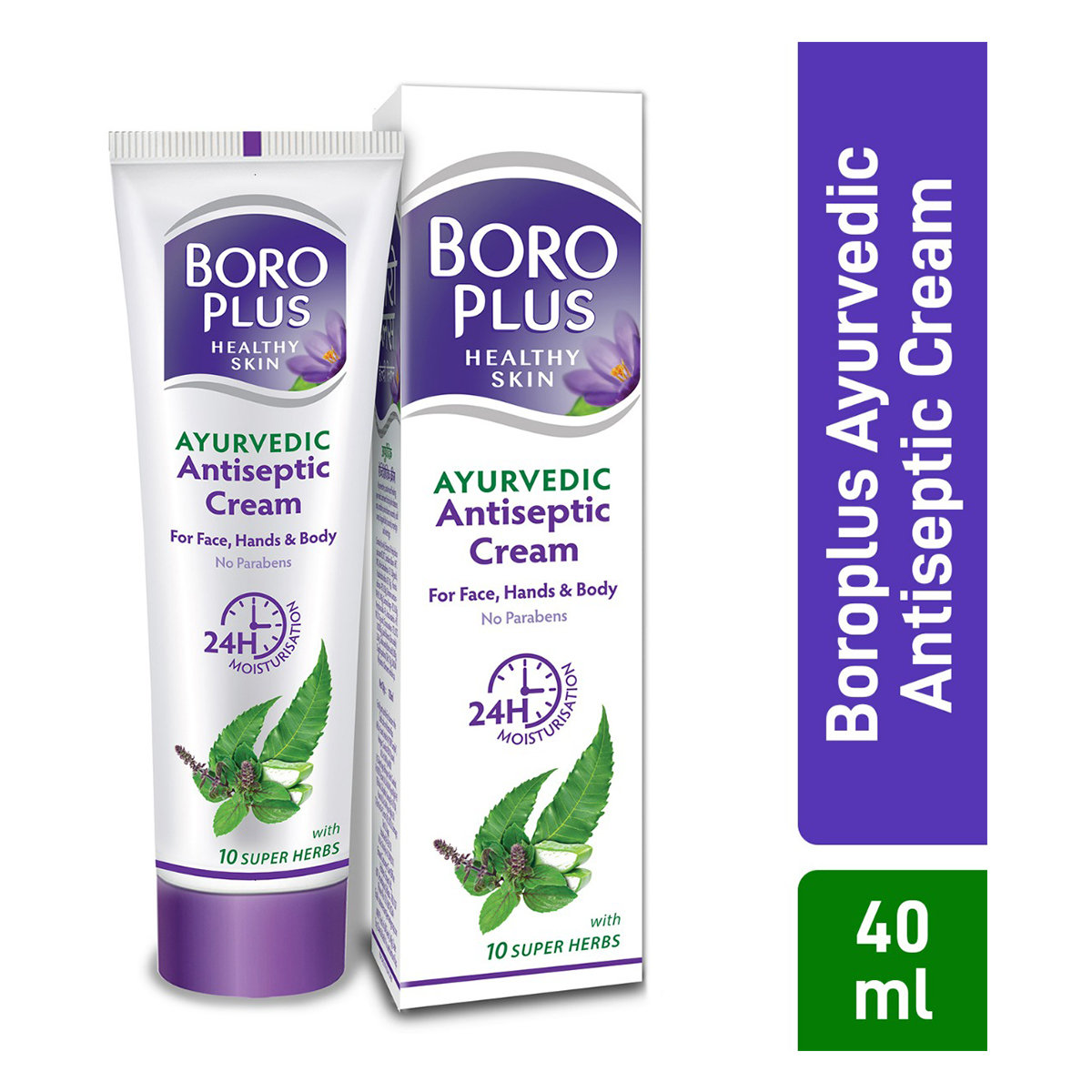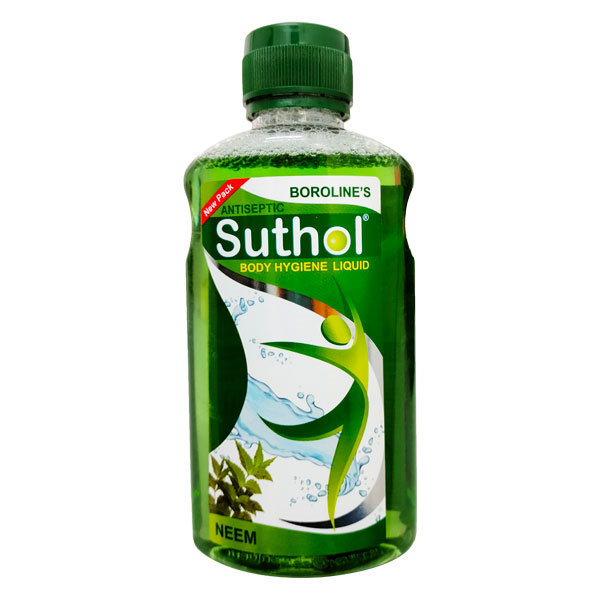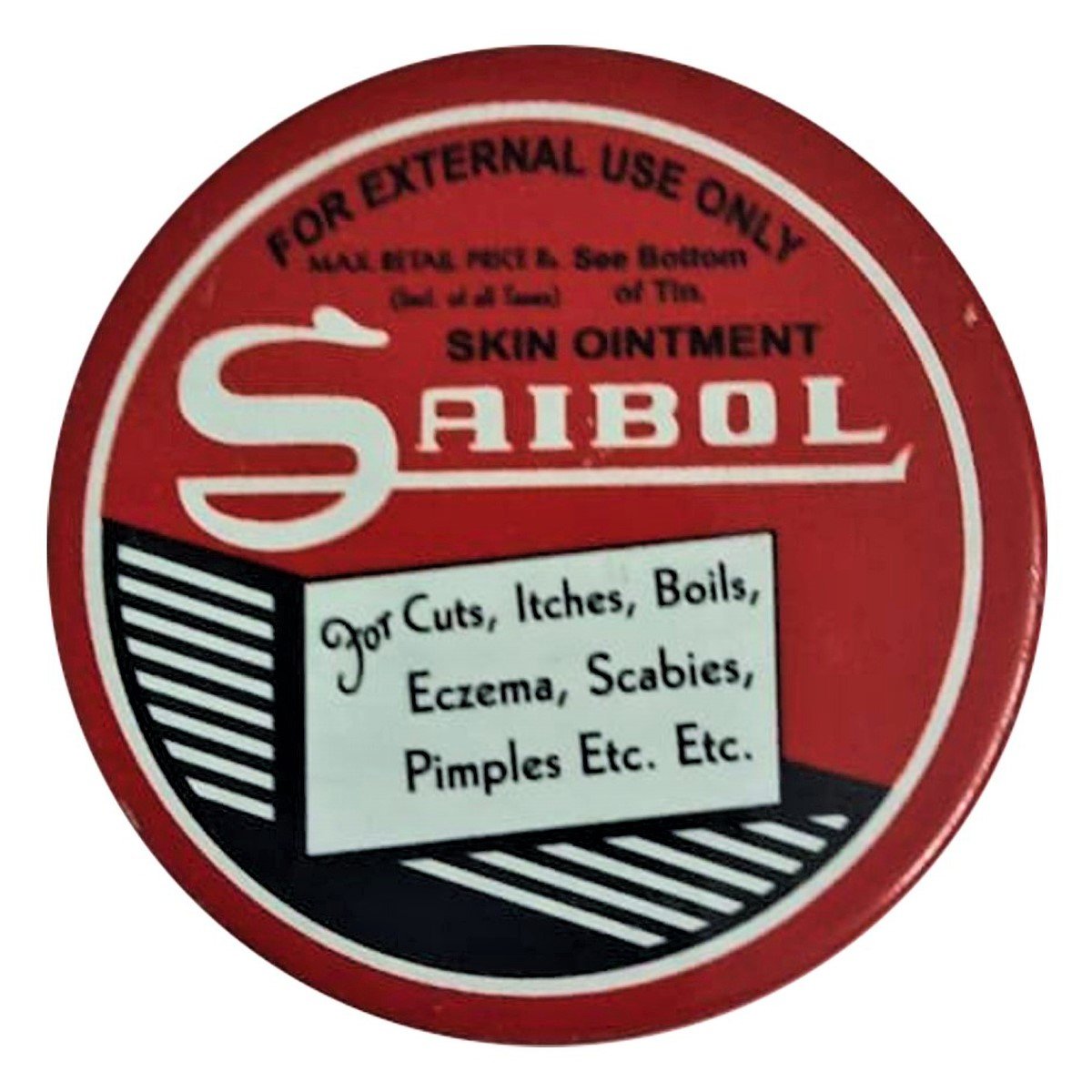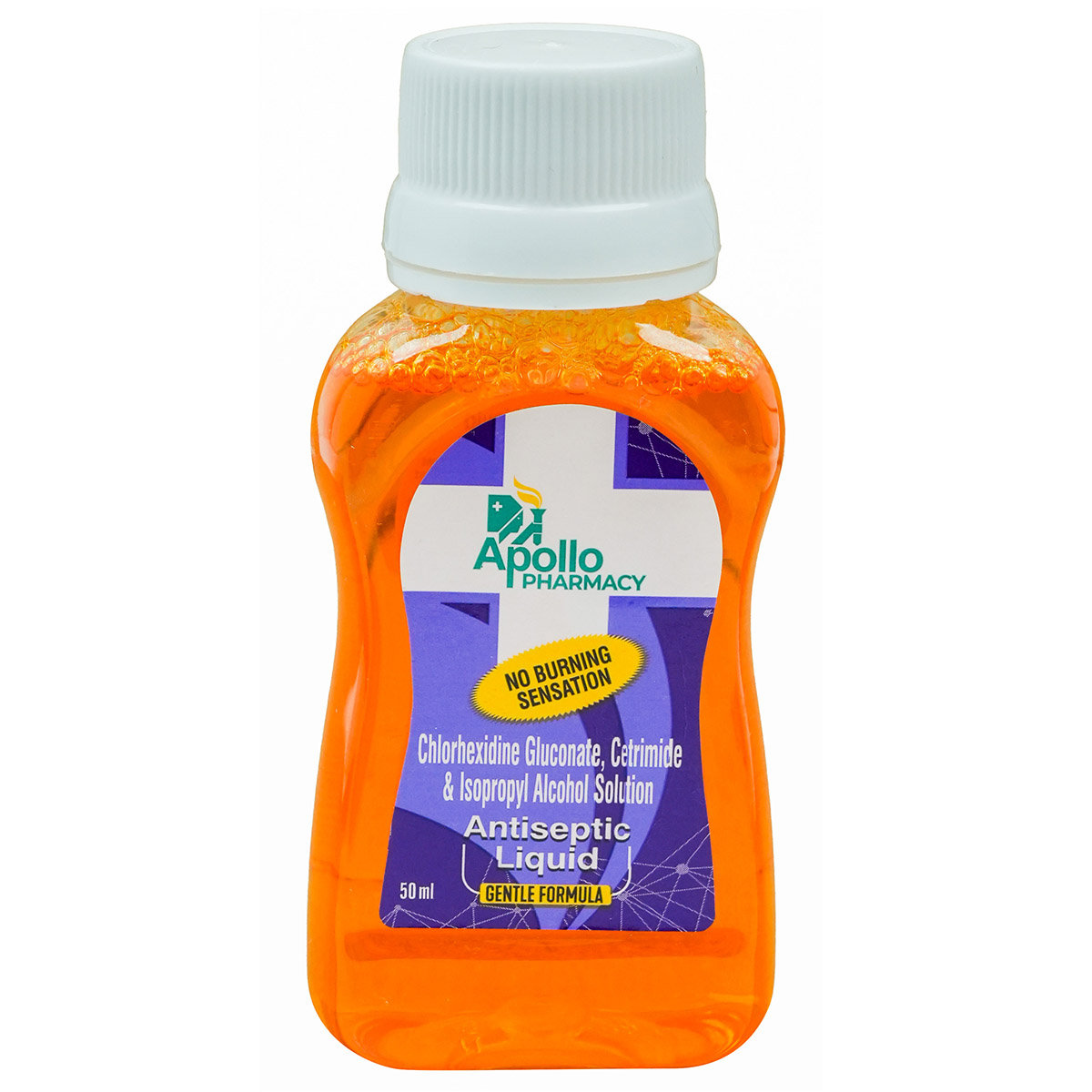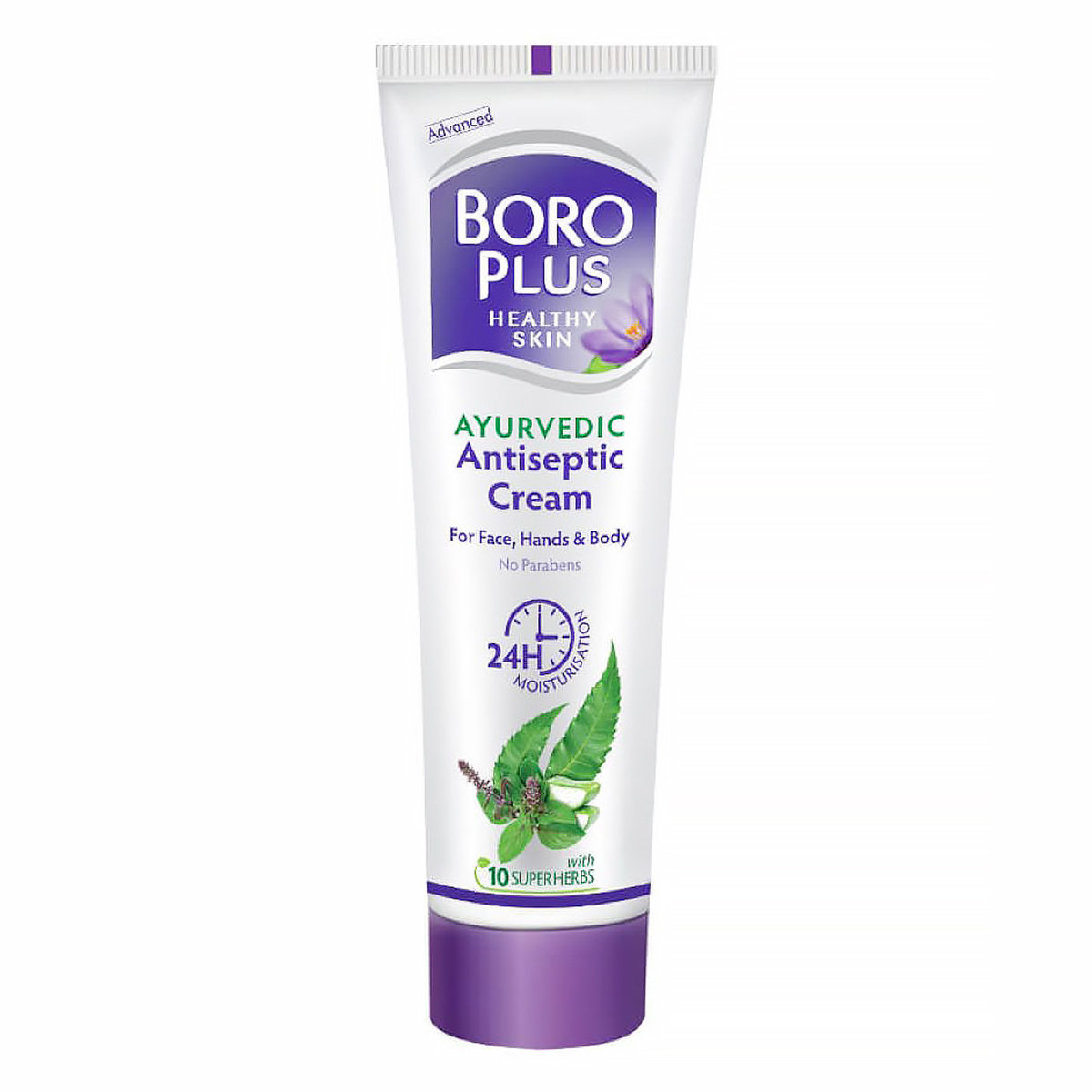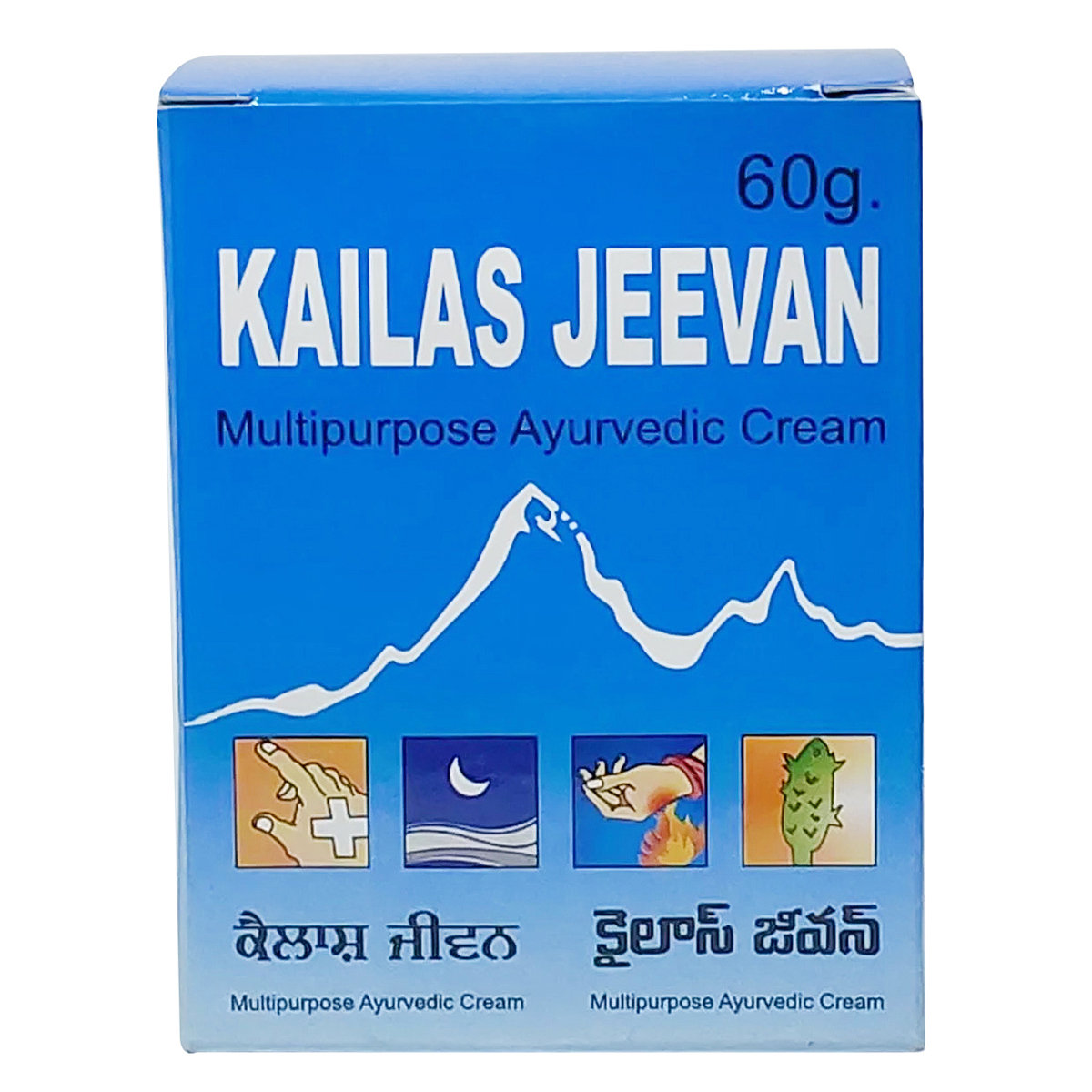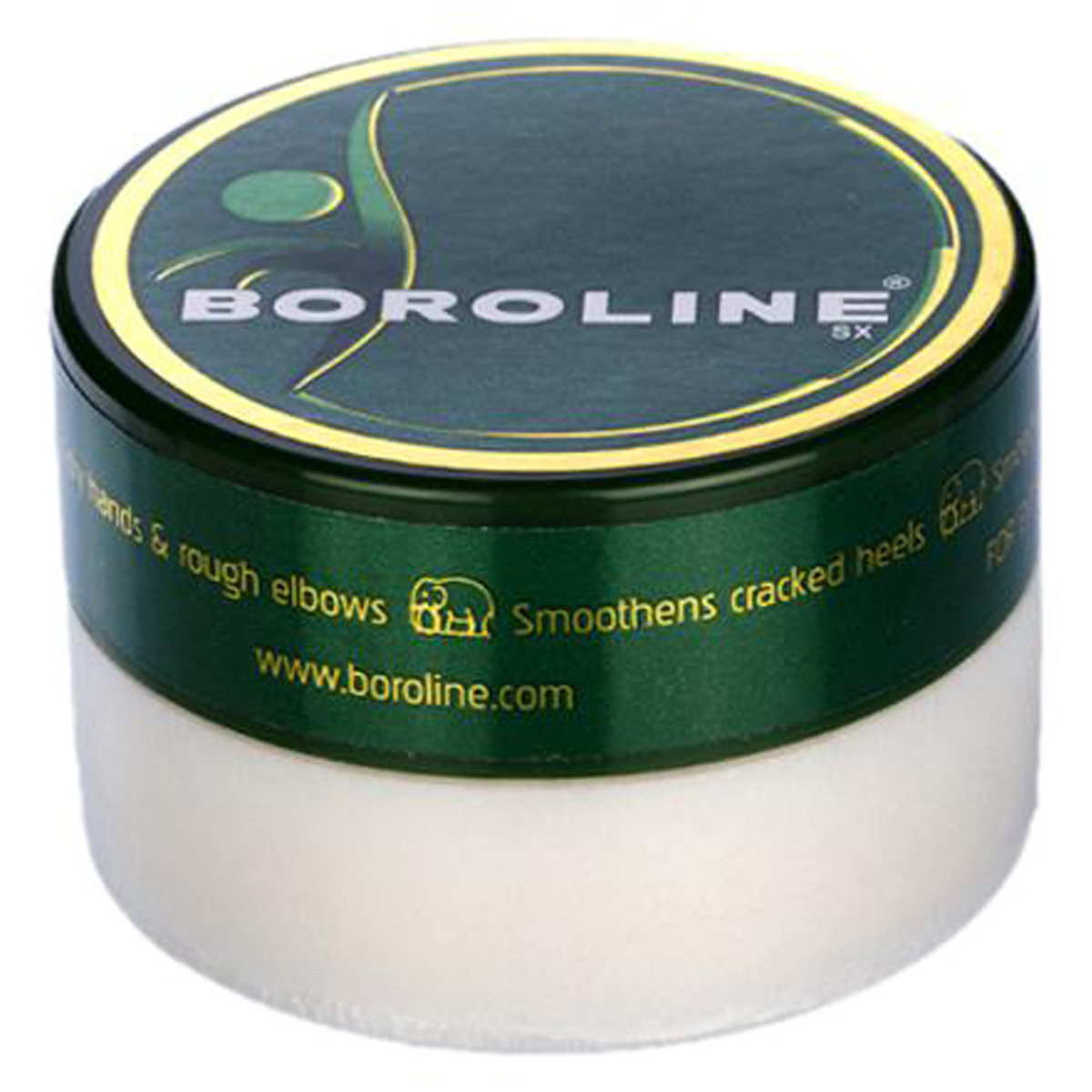- Home
- Health Condition
Medicine For Wound Healing
Medicine For Wound Healing
- Total Items (178)
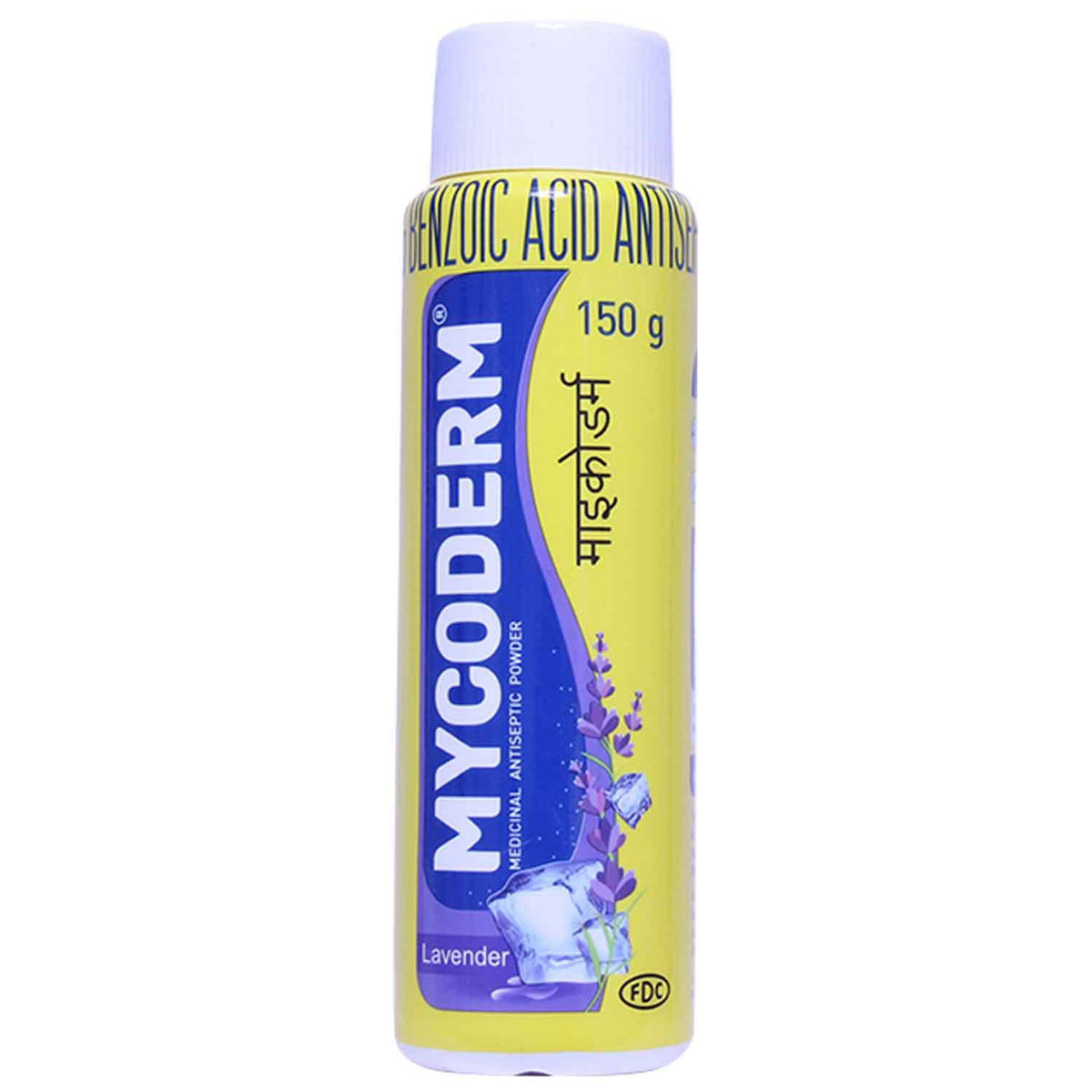 RX
RXMycoderm Powder 150 gm
₹124.60
MRP ₹140
11% off
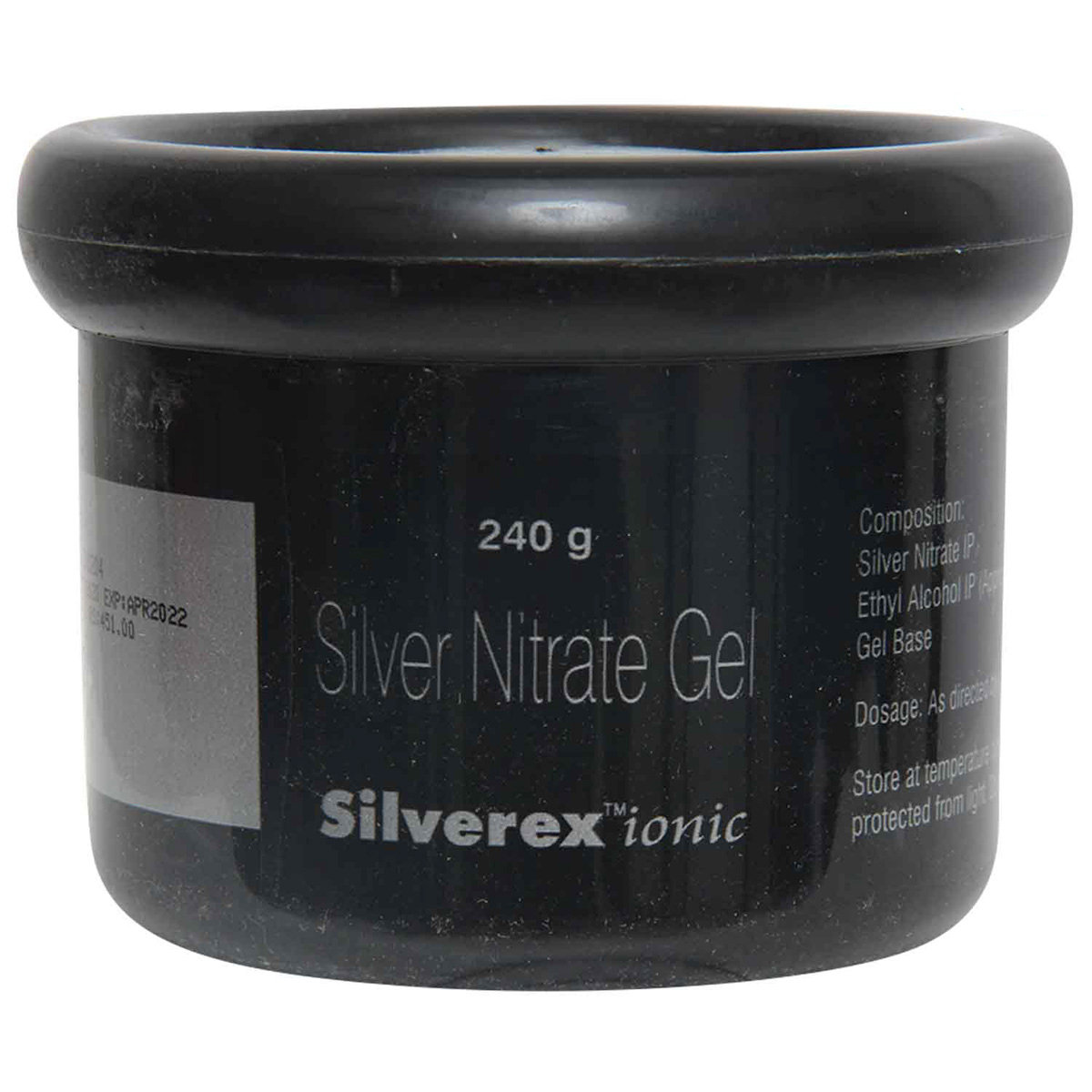
Silverex Ionic Gel 240 gm
₹549
MRP ₹610
10% off
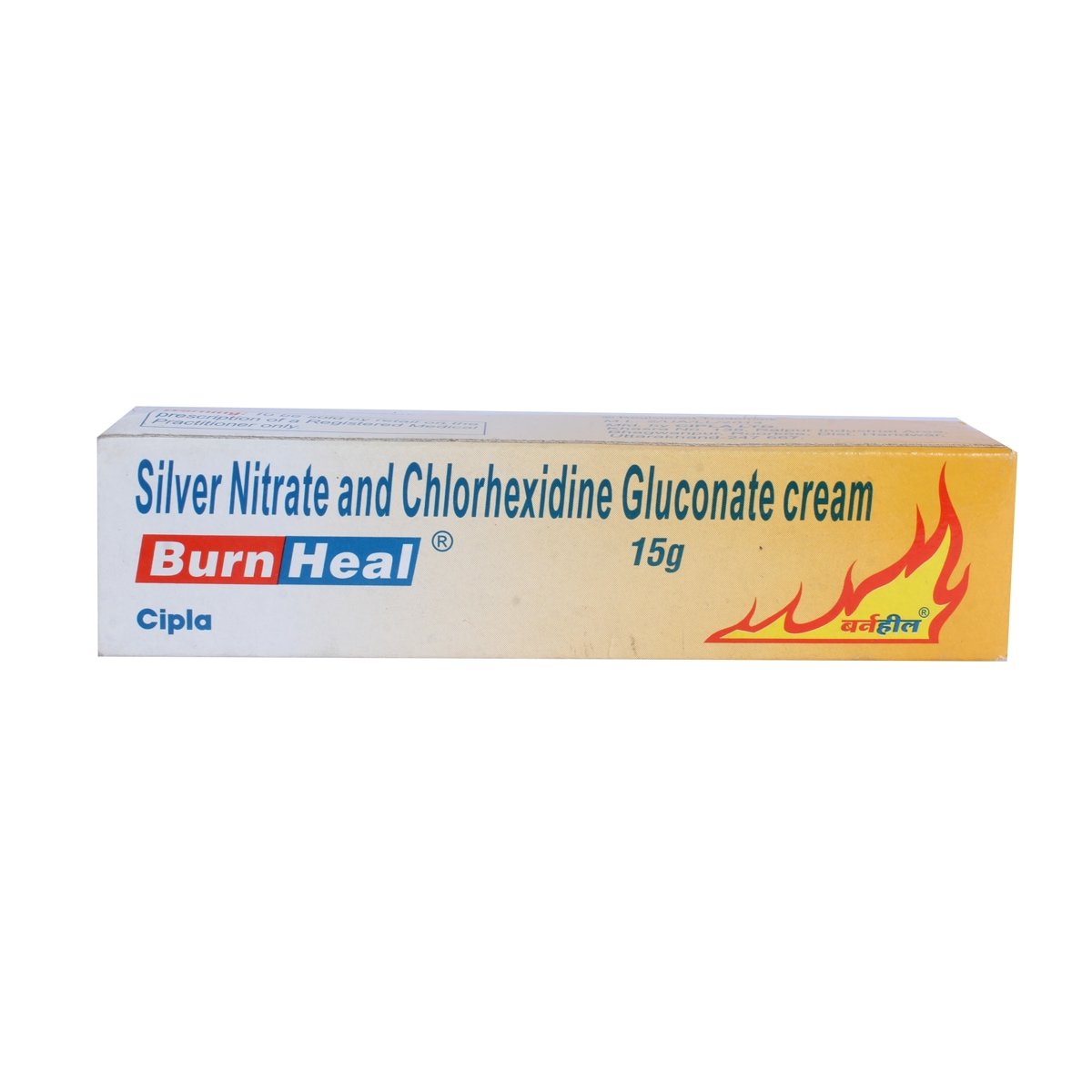 RX
RXBurn Heal Cream 15 gm
₹91.10
MRP ₹99
8% off
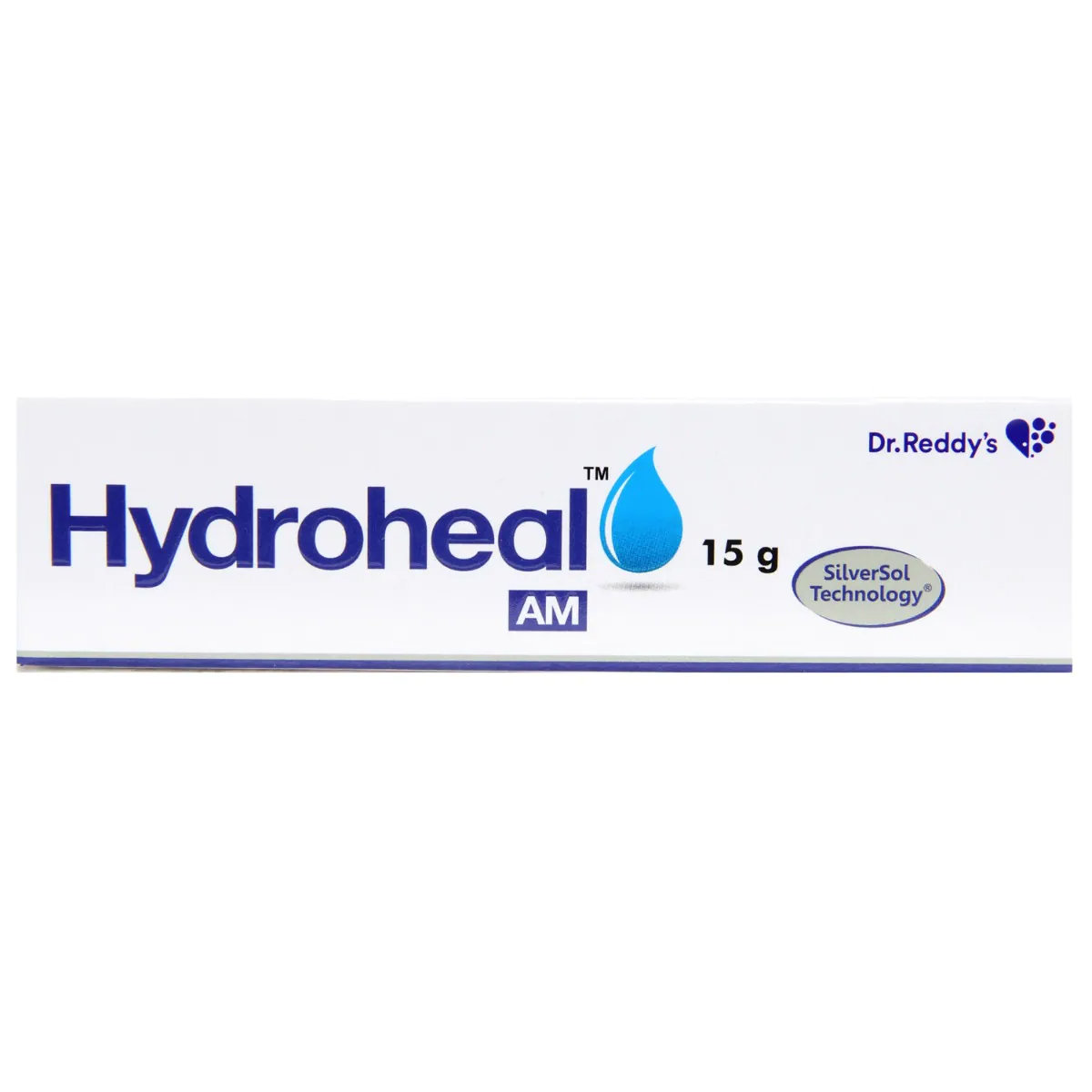
Hydroheal AM Gel 15 gm
₹167.90
MRP ₹186.50
10% off
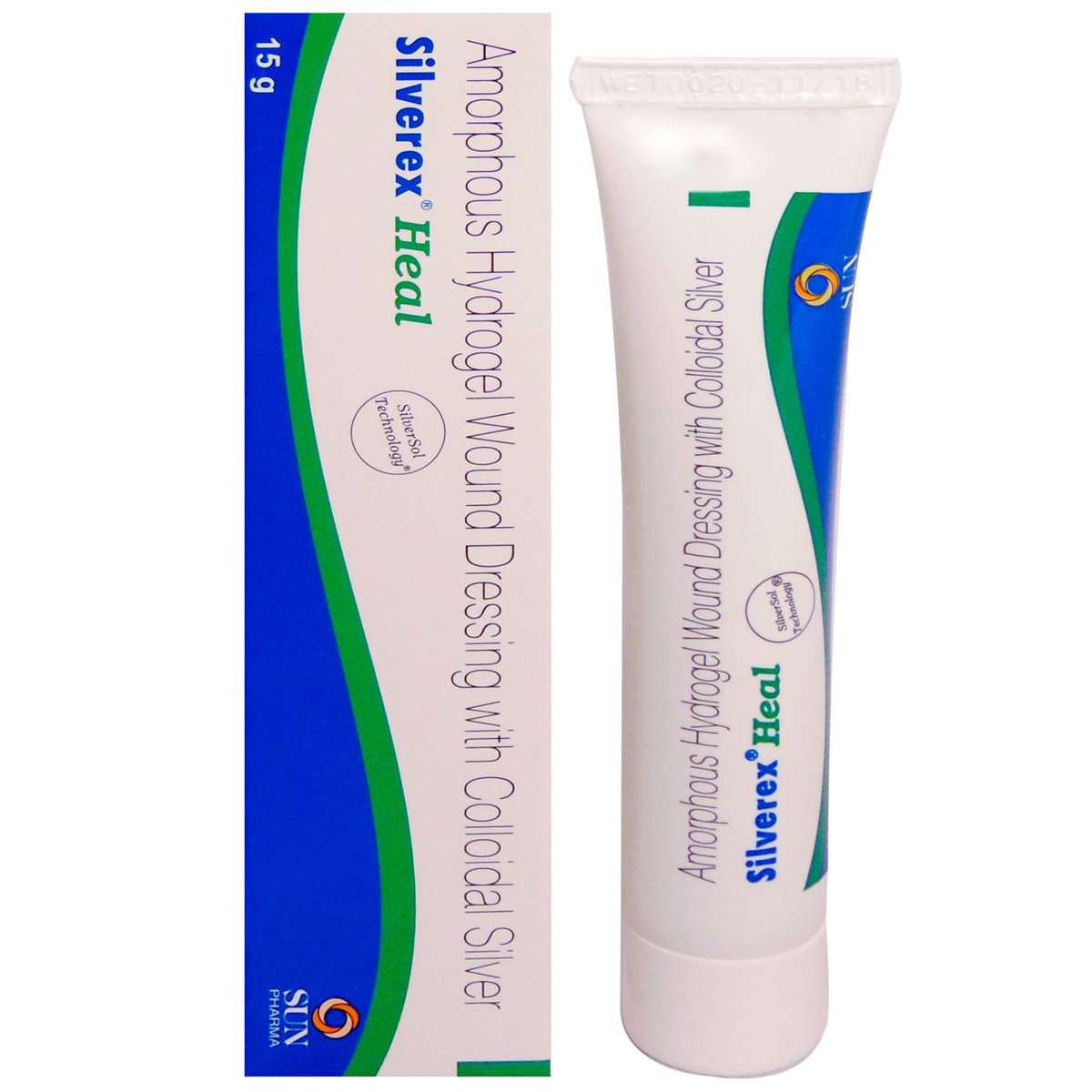
Silverex Heal Gel 15 gm
₹130.20
MRP ₹148
12% off
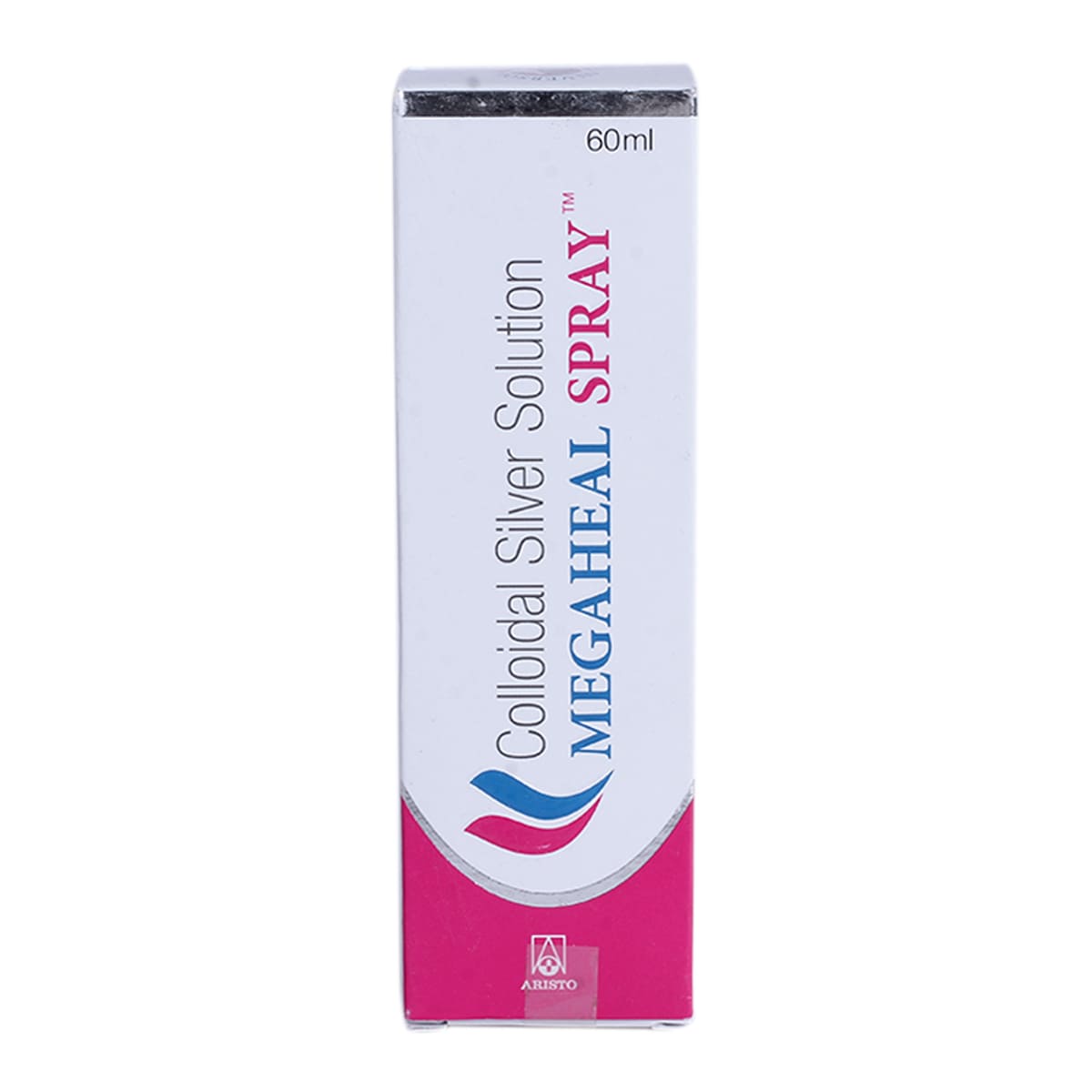
Megaheal Spray 60 ml
₹220.50
MRP ₹245
10% off

Silverex Heal Cream 50 gm
₹342
MRP ₹380
10% off
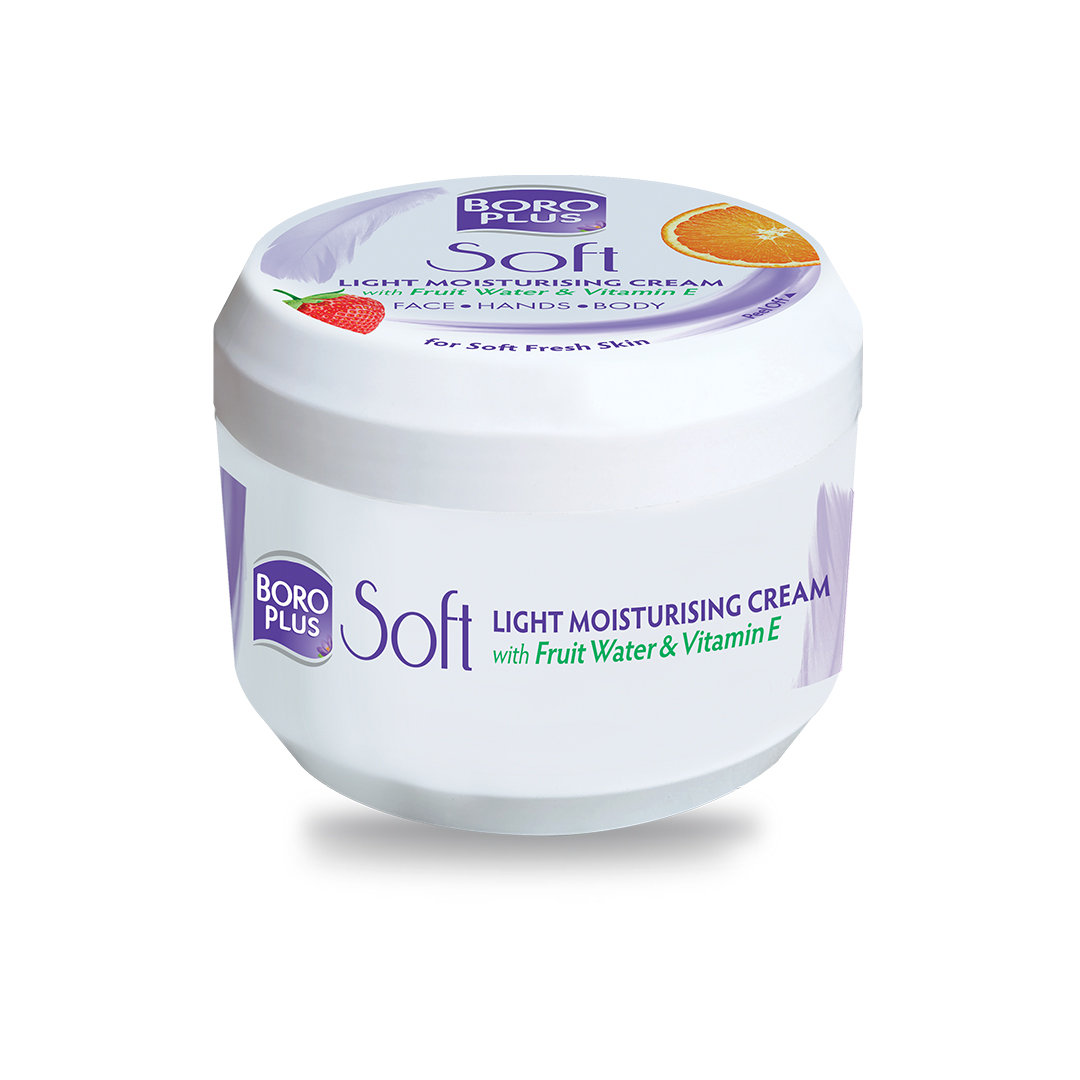
Boroplus Soft Antiseptic Cream, 200 ml
₹221.10
MRP ₹330
33% off
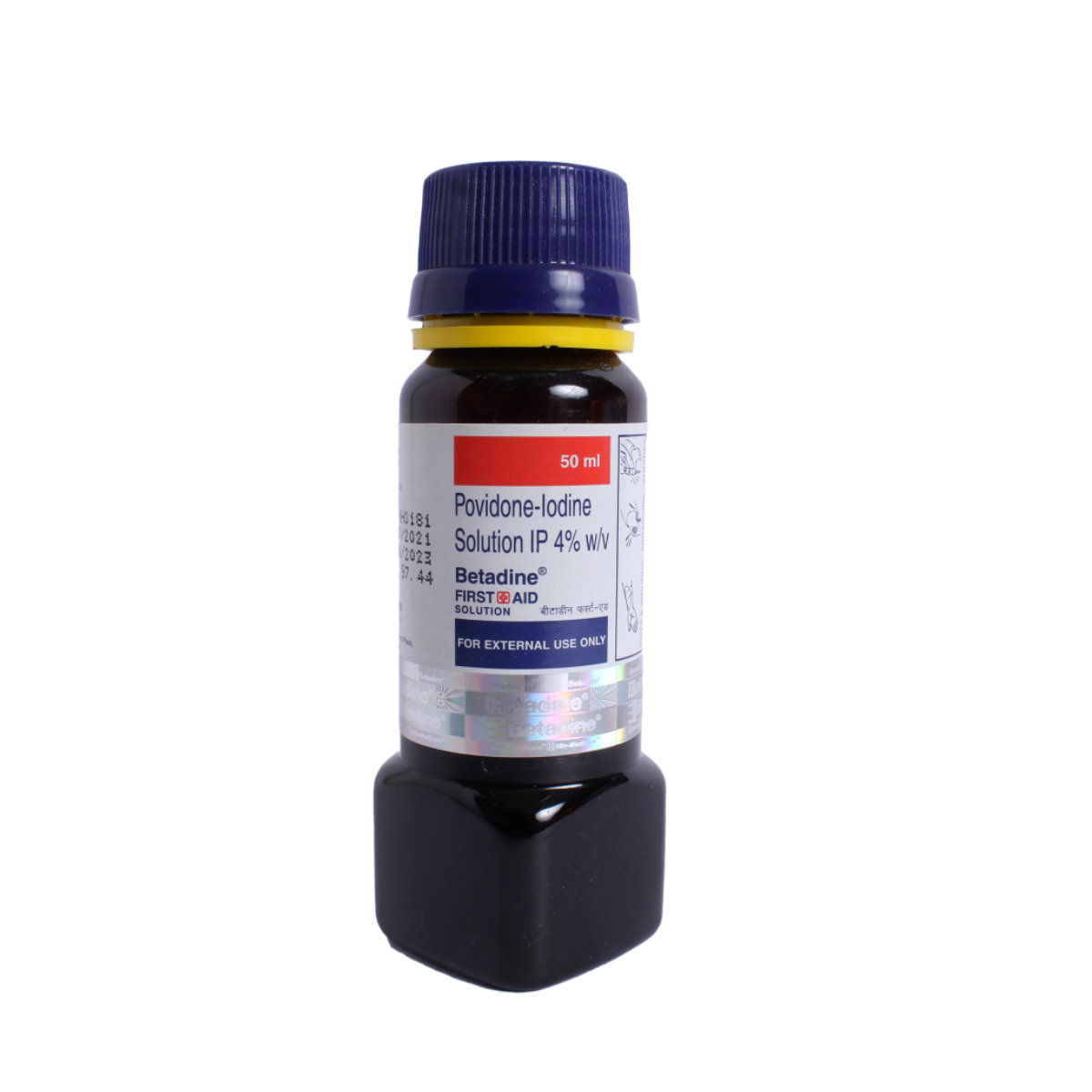
Betadine First Aid Solution 50 ml
₹90.10
MRP ₹99
9% off

Soreze Gel 30 gm
₹873.90
MRP ₹971
10% off
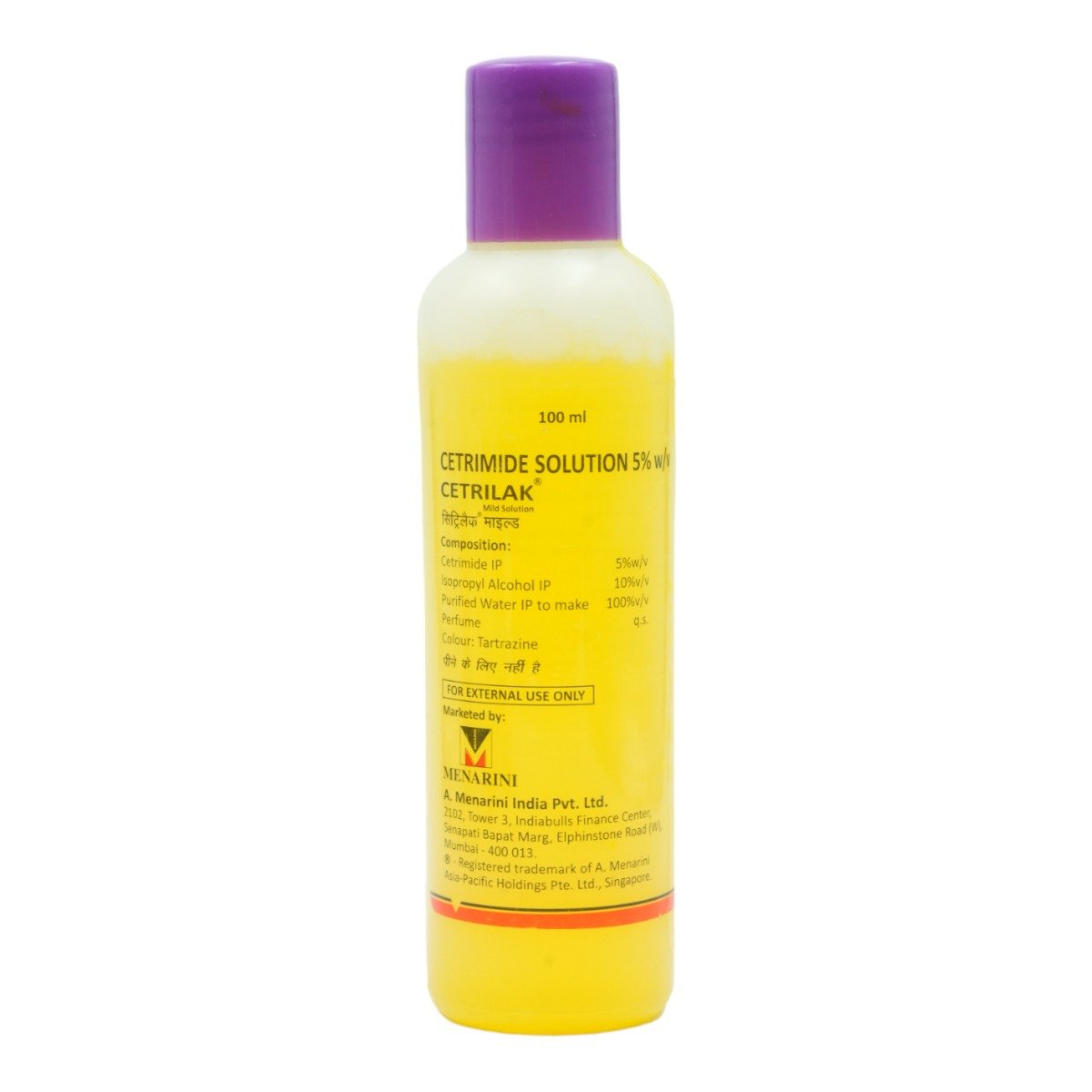
Cetrilak Mild Solution 100 ml
₹61.20
MRP ₹68
10% off
Medicines For Wound Healing
Wound healing is a complex process that involves several stages, including inflammation, tissue formation, and tissue remodelling. Whether caused by an injury, surgery, or a chronic condition, wounds can take time to heal, and effective treatment is crucial for promoting faster recovery and preventing complications like infections. In many cases, the right medicines and treatments can play a key role in ensuring that wounds heal properly and efficiently. In this guide, we will explore the various medicines and treatments available to help speed up wound healing and promote optimal recovery. We’ll also discuss their benefits, dosage guidelines, and important considerations for their safe use.
Types of Medicines Used for Wound Healing
There are several categories of medicines and products commonly used to aid wound healing. These range from topical treatments to systemic therapies, and each plays a unique role in facilitating recovery.
1. Topical Antibiotics
Topical antibiotics are used to prevent or treat infections in wounds, which can delay healing and lead to further complications. They help kill bacteria, reduce the risk of infection and promote a healthier wound environment.
Common Topical Antibiotics:
- Neosporin (contains Neomycin, Polymyxin B, and Bacitracin)
- Mupirocin (e.g., Bactroban)
- Silver sulfadiazine (e.g., Silvadene)
These antibiotics should be applied to the affected area as directed by your healthcare provider, and typically, they are used until the wound is healed or the infection is under control.
2. Antiseptics
Antiseptics are used to cleanse wounds and prevent infection by killing or inhibiting the growth of microorganisms. They are often used in the initial stages of wound care to sanitize the area before applying other treatments.
Common Antiseptics:
- Hydrogen Peroxide: Often used to clean wounds but should be used sparingly as it can damage healthy tissue.
- Iodine-based solutions (e.g., Betadine): Used for disinfecting minor cuts and abrasions.
- Chlorhexidine: A common antiseptic used in hospitals for wound cleaning.
It is important to use antiseptics only as recommended, as overuse can impede the healing process by harming healthy tissue.
3. Wound Dressings
Wound dressings are an essential part of wound care as they protect the wound from external contaminants, provide a moist environment conducive to healing, and absorb exudate. The type of dressing used can vary depending on the severity and location of the wound.
Common Types of Wound Dressings:
- Hydrocolloid Dressings: These help maintain a moist environment and promote faster healing by absorbing wound fluid.
- Hydrogel Dressings: Often used for burns or dry wounds, these dressings help hydrate the wound site.
- Foam Dressings: Used for more moderate to heavily exuding wounds, they help absorb excess fluid while protecting the wound.
Wound dressings should be changed regularly to prevent infection and to monitor the healing process.
4. Growth Factors
Growth factors are proteins that promote the healing of wounds by stimulating cell growth and tissue regeneration. These are especially beneficial for chronic wounds, such as diabetic ulcers, which may not heal efficiently on their own.
Common Growth Factors Used in Wound Healing:
- Recombinant human platelet-derived growth factor (rhPDGF): Often used for chronic and difficult-to-heal wounds.
- Epidermal growth factor (EGF): Promotes skin regeneration and wound healing.
- These are typically prescribed by doctors and are applied topically to the wound to promote healing at a cellular level.
5. Vitamin Supplements
Certain vitamins play a vital role in wound healing. Vitamin C and zinc, in particular, are known for their ability to aid in collagen synthesis and tissue repair.
Supplementation of these nutrients may be beneficial for individuals with poor nutrition or those recovering from surgery or injury.
Key Vitamins for Wound Healing:
- Vitamin C: Essential for collagen production and immune function.
- Zinc: Plays a key role in cell growth and tissue regeneration.
These supplements can be taken orally or applied topically, as advised by your healthcare provider.
6. Pain Relief Medications
Pain relief medications can help manage the discomfort associated with wounds, particularly for those with larger or more severe wounds. While over-the-counter painkillers like acetaminophen (Tylenol) or ibuprofen (Advil) can provide relief, more severe pain may require prescription medications.
Common Pain Relievers:
- Acetaminophen: Works by reducing pain but does not reduce inflammation.
- Ibuprofen: A non-steroidal anti-inflammatory drug (NSAID) that can reduce both pain and inflammation.
Pain relievers should be used as directed to avoid overuse or adverse side effects.
Benefits of Using Wound Healing Medicines
Using appropriate medicines and treatments for wound healing can provide the following benefits:
- Faster Healing: Medicine for wound healing promotes the regeneration of tissues and help speed up the recovery process, reducing the time it takes for a wound to heal.
- Prevention of Infection: Topical antibiotics and antiseptics reduce the risk of infection, which can complicate the healing process.
- Pain Relief: Medications like pain relievers provide relief from discomfort, allowing you to focus on recovery.
- Improved Wound Environment: Wound dressings and growth factors create an optimal environment for healing, facilitating tissue repair and reducing scarring.
Dosage & Usage Instructions of Wound Healing Medicines
To ensure the best results, it's important to follow the dosage and usage instructions for medicine for wound healing:
- Topical Antibiotics and Antiseptics: Apply these medications to the wound as directed, typically once or twice a day, and after cleaning the wound. Follow your doctor’s advice regarding the duration of use.
- Wound Dressings: Change dressings regularly to keep the wound clean and dry. The frequency depends on the type of dressing and the amount of exudate from the wound.
- Growth Factors: These are typically applied to the wound once or twice daily, depending on the specific product and severity of the wound.
- Vitamin Supplements: Follow the recommended dosage on the supplement packaging or as prescribed by your doctor.
- Pain Relievers: Follow the recommended dosage and schedule for over-the-counter pain relievers to avoid side effects or complications.
Buy Medicine for Wound Healing Online
Managing wound healing is easier than ever with Apollo 24|7’s online platform. Apollo 24|7 offers a range of wound healing medicines, including antibiotics, antiseptics, growth factors, and pain relief medications. You can conveniently order these products online and have them delivered directly to your doorstep.
Additionally, Apollo 24|7 provides doctor consultations, so you can receive personalised advice and guidance for your wound care needs. Whether you're managing a small cut or dealing with a chronic wound, Apollo 24|7 ensures a seamless and reliable solution to support your recovery.
Frequently asked questions
Topical antibiotics, antiseptics, wound dressings, growth factors, and pain relievers are commonly used to promote wound healing. The choice of medicine depends on the severity of the wound and the stage of healing.
The duration of use depends on the type of medication and the specific wound. Follow the instructions provided by your doctor or the product packaging to ensure effective healing.
Yes, over-the-counter pain relievers like acetaminophen and ibuprofen can help manage pain associated with wounds. However, always consult your doctor for advice, especially for severe pain.
Yes, vitamins such as Vitamin C and zinc play an important role in tissue repair and collagen production, which are essential for wound healing.
The frequency of changing wound dressings depends on the type of dressing and the amount of exudate. It is generally recommended to change them at least once a day or as directed by your healthcare provider.

